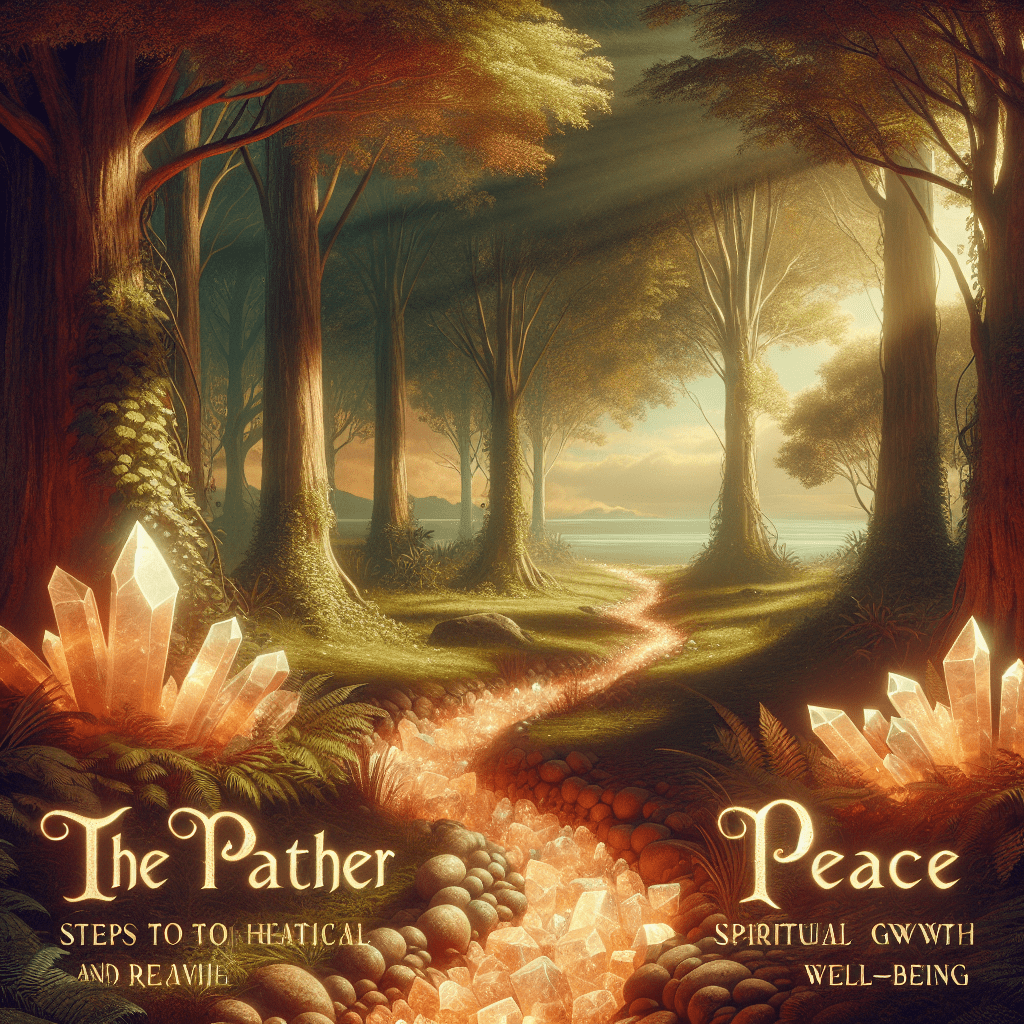Inner peace is a state of calmness and tranquility that comes from within. It is a powerful tool that can help you navigate through life’s challenges with grace and poise. Achieving inner peace requires a commitment to Spiritual Growth and well-being. In this article, we will explore the steps you can take to cultivate inner peace in your life.
1. Embrace Mindfulness
Mindfulness is the practice of being present in the moment and fully engaged with whatever you are doing. By embracing mindfulness, you can quiet your mind and focus on the here and now. This can help you let go of worries about the past or future, allowing you to experience peace and contentment in the present moment.
2. Practice Gratitude
Gratitude is a powerful tool for cultivating inner peace. By taking the time to acknowledge and appreciate the blessings in your life, you can shift your focus from what you lack to what you have. This can create a sense of abundance and fulfillment that can help you feel more at peace with yourself and the world around you.
3. Cultivate Self-Compassion
Self-compassion is the practice of treating yourself with kindness and understanding, especially in moments of struggle or failure. By cultivating self-compassion, you can develop a sense of inner peace that comes from accepting yourself as you are, flaws and all. This can help you let go of self-criticism and judgment, creating space for self-love and acceptance.
4. Connect with Nature
Spending time in nature can be a powerful way to cultivate inner peace. By immersing yourself in the beauty and serenity of the natural world, you can connect with something greater than yourself. This can help you feel more grounded and centered, creating a sense of peace and harmony that can carry over into your daily life.
5. Nurture Your Spirituality
Regardless of your religious beliefs, nurturing your spirituality can be a key component of cultivating inner peace. This might involve attending religious services, practicing meditation or prayer, or engaging in acts of service and kindness. By connecting with something greater than yourself, you can cultivate a sense of peace and purpose that can sustain you through life’s ups and downs.
6. Prioritize Self-Care
Self-care is essential for maintaining inner peace and well-being. This might involve getting enough rest, eating nourishing foods, exercising regularly, and engaging in activities that bring you joy and fulfillment. By taking care of your physical, emotional, and mental health, you can create a strong foundation for inner peace to flourish.
Conclusion
Inner peace is a precious gift that can transform your life in profound ways. By taking the steps outlined in this article to cultivate inner peace through mindfulness, gratitude, self-compassion, nature connection, spirituality, and self-care, you can create a sense of peace and well-being that can sustain you through life’s challenges. Remember, inner peace is not a destination to reach, but a journey to embark on each day. May you find peace and serenity in your heart and soul.
FAQs
1. How long does it take to cultivate inner peace?
The time it takes to cultivate inner peace can vary from person to person. Some may experience a sense of peace and well-being relatively quickly, while others may need more time and effort to achieve inner peace. The key is to be patient and consistent in your practice of mindfulness, gratitude, self-compassion, nature connection, spirituality, and self-care.
2. Can anyone achieve inner peace?
Yes, anyone can achieve inner peace with dedication and commitment to their Spiritual Growth and well-being. It is a process that requires self-reflection, self-awareness, and self-care. By taking the necessary steps to cultivate inner peace, you can experience a sense of calmness and tranquility that can transform your life in profound ways.
3. What are some daily practices for cultivating inner peace?
Some daily practices for cultivating inner peace include meditation, journaling, spending time in nature, practicing gratitude, engaging in acts of kindness, and prioritizing self-care. By incorporating these practices into your daily routine, you can create a sense of peace and well-being that can sustain you through life’s challenges.
#Path #Peace #Steps #Spiritual #Growth #WellBeing


